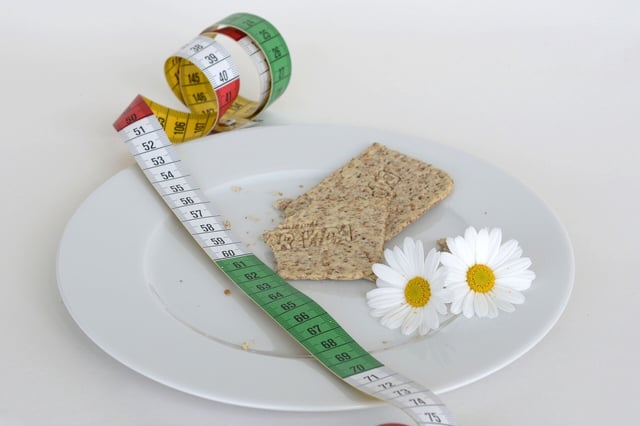Overview
- Analysis of more than 28,500 US adults in the NHANES data (2007–18) showed calorie-restricted dieters scored higher on PHQ-9 depression assessments than those not on a diet.
- Men experienced the largest increase in depressive symptoms, and overweight or obese participants also reported notably worse mood scores.
- Researchers suggest that deficits in protein, essential vitamins and minerals under restrictive eating regimens may trigger physiological stress linked to depressive symptomatology.
- These observational findings conflict with earlier randomized controlled trials that reported improved mood under carefully balanced low-calorie diets.
- Study authors recommend clinicians weigh potential depression risks when prescribing strict calorie cuts and call for further rigorous research to clarify causality.



